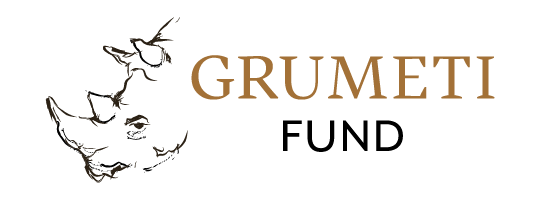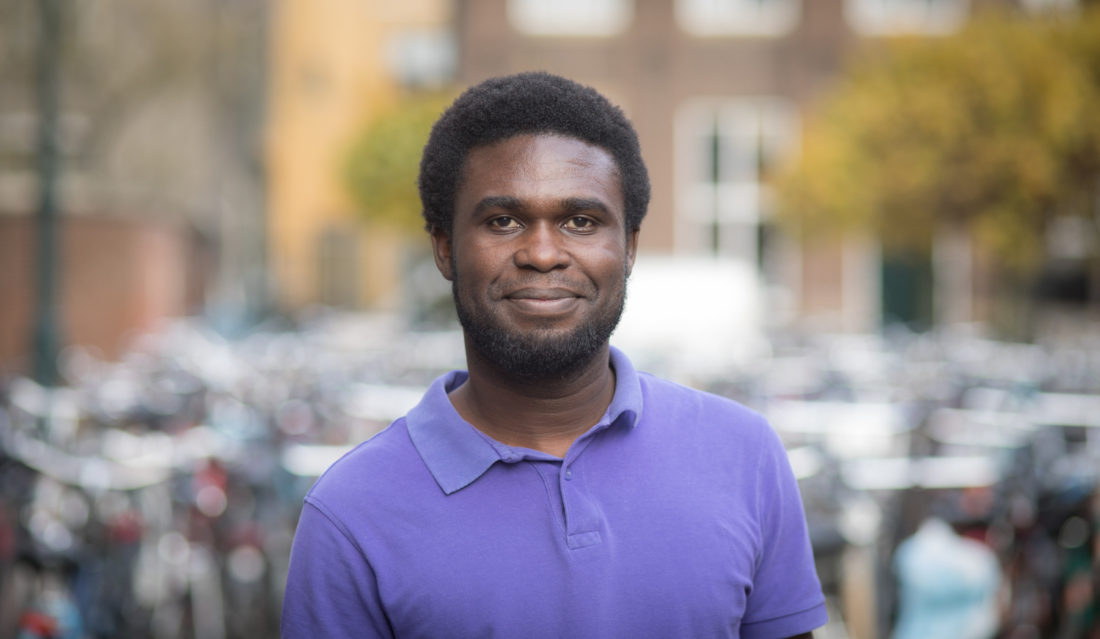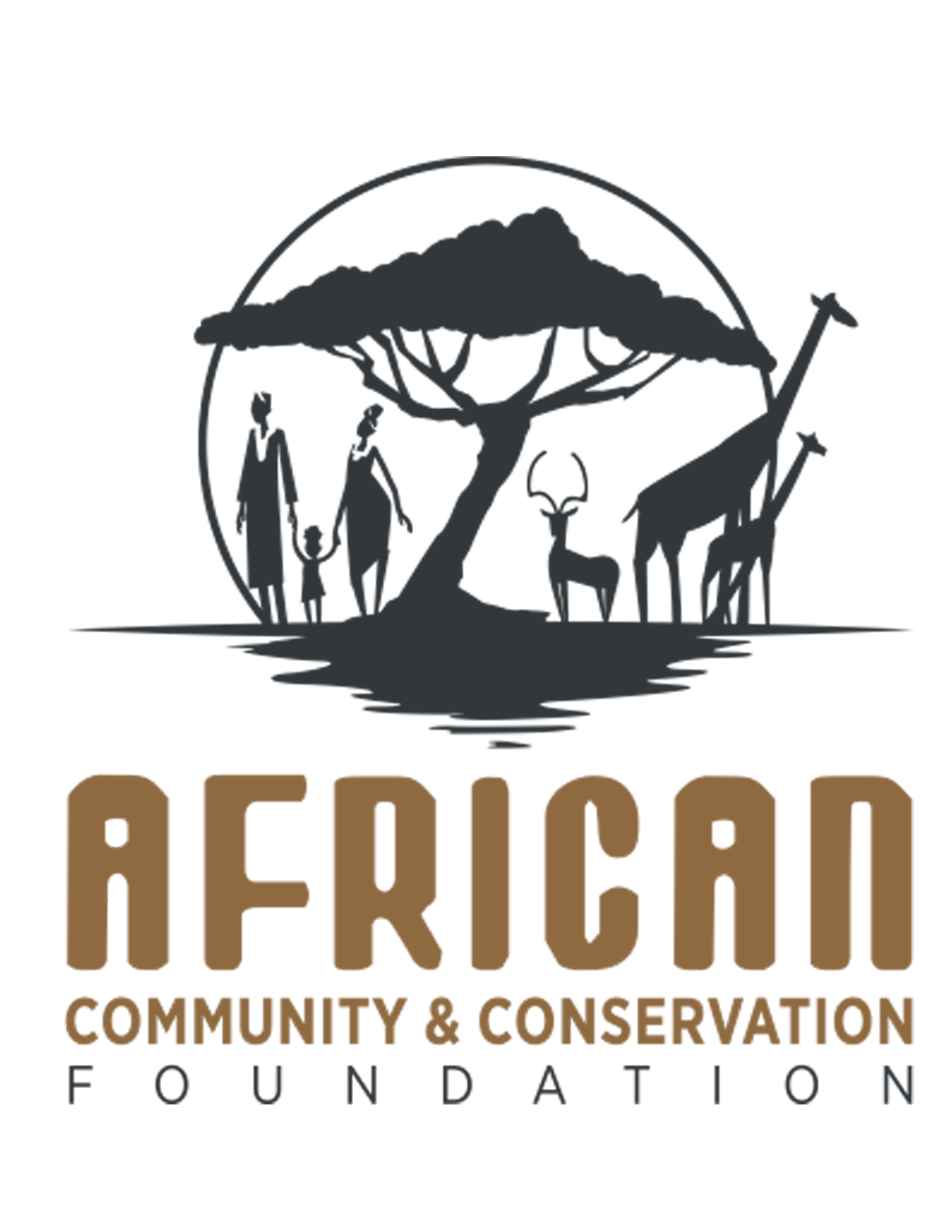Fellowship Awarded for Human-Wildlife Conflict Mitigation
Knowledge sharing is a huge focus for the Grumeti Fund. Contributing to the larger conservation community when it comes to impact driven solutions on the ground is really important to the team. Learning from people and organizations around the world and to be advised on how to implement certain projects – whether it be the use of technology in anti-poaching or the development of language skills amongst students – is also something the group aims to facilitate as often as possible. Within the Research and Monitoring Department there has always been a concerted effort to partner with Tanzanian Universities and students to learn more about key topics related to conservation and community in the western Serengeti.


Most recently, a fellowship through the newly established Research and Innovation for the Serengeti Ecosystem (RISE) was awarded. The focus for this fellowship is on Human-Wildlife Conflict Mitigation, in particular looking at how the establishment of a fence between the protected area and the communities can play a beneficial role in protecting peoples livelihoods and the wildlife simultaneously. Connecting research and science to conservation management is key. Decisions need to be motivated and validated by evidence.


We are very excited to announce the first ever recipient of the RISE HWC Mitigation Fellowship was awarded to Michael Kimaro. Michael received a BSc in Wildlife Science and Conservation from the University of Dar es Salaam in 2012, a postgraduate diploma in International Wildlife Conservation Practice from the University of Oxford in 2018, and began his MSc studies at the University of Groningen in 2019 where he has received an Eric Bleumink Talent Grant. Michael has worked as a volunteer and research assistant on a number of field projects, including those with the Tanzania Community Forest Conservation Network, Florida International University IWASH program, and the Oxford University Ruaha Carnivore Project. In these roles he has trialed lion lights and GPS collars to better protect livestock, examined the influence of pastoralist resettlement on lion conservation, managed carnivore sighting databases, and conducted rapid assessments of carnivore populations. Michael’s interdisciplinary skillset is the perfect combination to explore the ecological, environmental, and social impacts of electric fencing in the western Serengeti and we are looking forward to collaborating with him on this important topic. The RISE and Grumeti Fund teams extend a wholehearted welcome and congratulations to Michael!

To hear more about RISE, research-based partnerships and capacity building in the western Serengeti, have a listen to this Instagram Live where Grumeti Fund Head Scientist Dr. Kristen Denninger-Snyder and Princeton Ecologist Dr. Meredith Palmer discuss their work.
You can be a part of ongoing work like this by donating directly to the RISE program here




